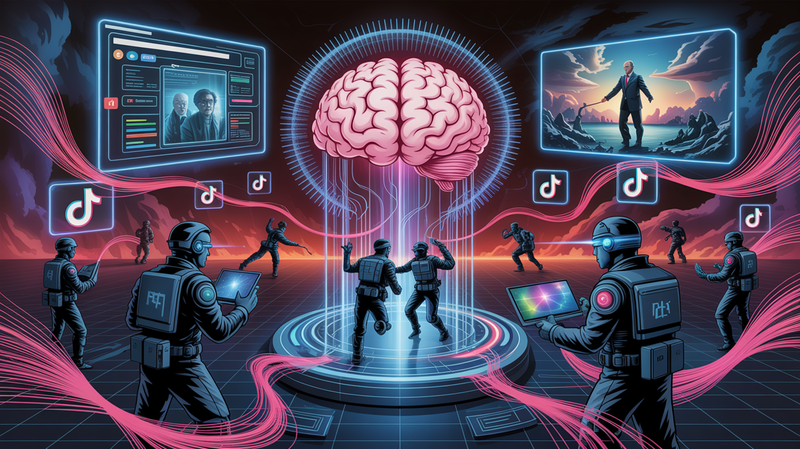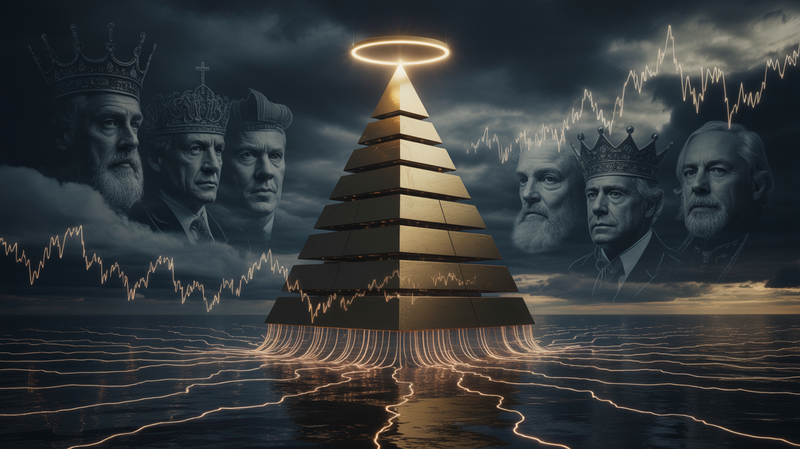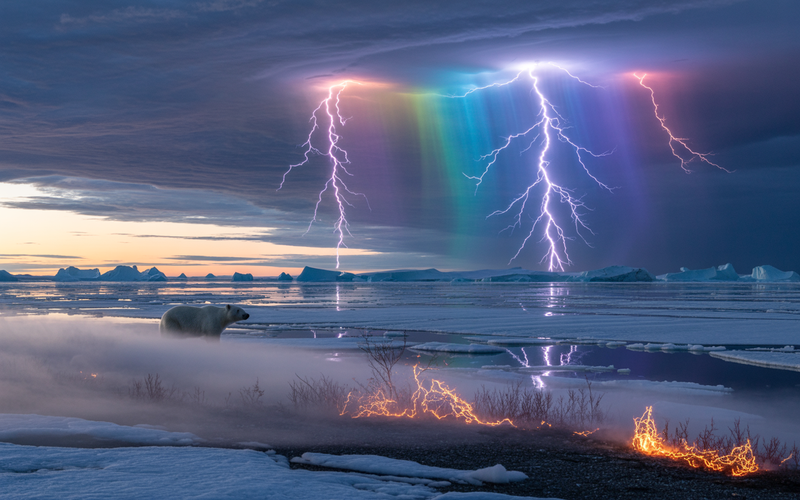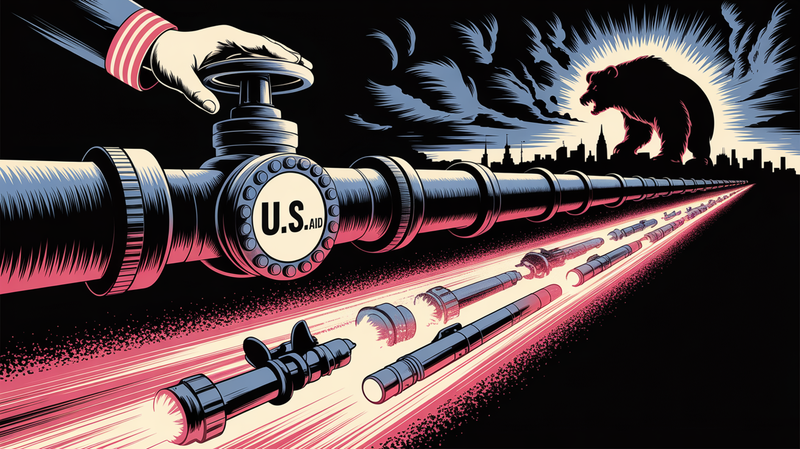Worlds Collide: The Intersection of Eastern, Western, and Russian Ambitions
As the world spins, the ever-changing landscape of international power and influence shifts beneath us. One of the most fascinating arenas in this global power play is the ongoing standoff between East and West, with Russia functioning as a crucial pivot point. The understanding of these dynamics and their implications
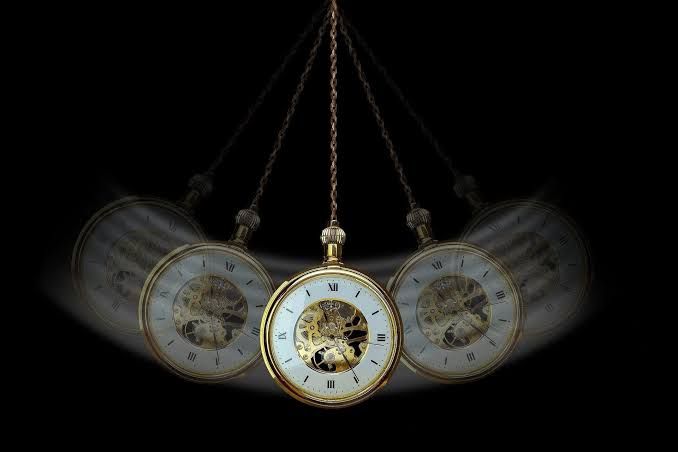
As the world spins, the ever-changing landscape of international power and influence shifts beneath us. One of the most fascinating arenas in this global power play is the ongoing standoff between East and West, with Russia functioning as a crucial pivot point. The understanding of these dynamics and their implications is essential to comprehend the world we live in and the future we're inevitably marching towards.
Firstly, it's important to understand the historical context. The Western world, epitomized by Europe and North America, has dominated the global stage for centuries. This hegemony has been characterized by the influence of the British Empire, the might of the US dollar, the spread of Western democracy, and the push of technological innovation. However, this is not an unchanging or unchallenged reality.
In recent decades, we've seen the rapid rise of countries in the East, primarily China and, to a lesser extent, India. China, with its formidable manufacturing power and expanding global investment through initiatives like the Belt and Road Initiative, is exerting its influence far beyond its borders. India, with its booming technology sector and massive, young population, is not far behind. These shifts are challenging the historical dominance of the West and creating a more multipolar world.
At this East-West intersection stands Russia, a nation spanning two continents, embodying both Eastern and Western elements in its culture, history, and politics. It is, in many ways, the geopolitical fulcrum between these two spheres of influence.
Russia's role in the Ukraine conflict perfectly illustrates this. The war, born out of deep historical, cultural, and political divides, serves as a litmus test for global powers. It is not just about territorial disputes or political allegiances; it is an existential question for both Ukraine and the international world order. Will the Western world, advocating for democracy and sovereignty, intervene strongly enough to deter Russian aggression? Or will Russia, with its intent to secure a sphere of influence, succeed in its aims?
Despite the high stakes, the situation is not black and white. Russia has also developed deep economic ties with China, establishing a significant alliance that further complicates its relationships with Western powers. This, coupled with Russia's immense natural resources and military capabilities, makes it a player that cannot be ignored on the global stage.
So, where does this leave us? In a world teetering on the edge, the East and West's standoff isn't just a high-stakes game for the power players involved. It is a defining issue for every nation and, by extension, every individual living in this interconnected world. As we move forward, understanding these shifts in power is vital. Only through awareness and comprehension can we begin to predict potential outcomes and navigate the uncertainty that inevitably comes with change.
We must recognize that no empire, whether Eastern or Western, is eternal. Instead, they wax and wane, shaped by the tides of time, the ingenuity of their people, and their leaders' decisions. As observers and participants in this global theater, our responsibility is to strive for understanding, encourage dialogue, and work towards a world where power is wielded wisely and for the greater good.
The future remains unwritten, and the pendulum of power continues to swing. As we watch this dance of influence between East and West play out, with Russia at its pivot, we are reminded that nothing is constant in this world except change. And it's this change that makes the future both a mystery and a promise - a promise of new possibilities, new alliances, and a new world order.
The Unwritten Future: The Swinging Pendulum of Global Power
In the grand tapestry of global power dynamics, ambitions run deep and change is a constant. The metaphorical pendulum of influence oscillates between the East and the West, shaped by the aspirations, capabilities, and actions of nations. At the crux of this pendulum's swing is Russia, a powerhouse balancing its interests and aligning its strategies amidst this flux.
In the West, the primary ambition is to preserve the liberal world order established in the aftermath of World War II. It is an order marked by democratic governance, open markets, multilateral institutions, and shared norms. In many ways, the West's motivation is to retain its influential position in world affairs and continue promoting these principles across the globe.
Yet, the tides are shifting, and the East, led by China, is rising. China's ambitions, while multifaceted, are characterized by a desire to modernize its military capabilities, expand its economic influence through ventures like the Belt and Road Initiative, and play a decisive role in global governance. At the same time, there's India, fueled by its technological advancement and burgeoning population, with aspirations to emerge as a significant global player.
Between these titans of influence swings the pendulum of Russia. Russia, with its distinct blend of Eastern and Western affiliations, aims to assert its authority and protect its sphere of influence. The Ukraine crisis serves as a prominent example of this ambition, representing not only a local conflict but a wider clash of East and West, with Russia asserting its power.
Despite the often adversarial dynamics at play, it is crucial to remember that the world is no longer unipolar or even bipolar, as it was during the Cold War. Today, we live in an increasingly multipolar world, with various nations and non-state actors wielding significant influence.
Thus, while it is tempting to view the pendulum's swing as a tug-of-war between East and West, the reality is far more complex. The pendulum doesn't merely swing back and forth in a predictable path; it oscillates in a multidimensional sphere, swayed by a multitude of actors and factors.
With this in mind, predicting the exact moment when the pendulum will "stop" swinging is near impossible. It is not so much about an end point, but a continuous ebb and flow, a dynamic interplay of forces that reflect the evolving aspirations, policies, and realities of our world.
Yet, in the midst of these fluxes, we find an opportunity. The unwritten future allows us to shape the narrative, contribute to the dialogue, and, in our ways, influence the pendulum's swing. It is through understanding these dynamics, acknowledging ambitions, and recognizing the importance of cooperation that we can help guide the course of our shared history towards a more peaceful and prosperous world.
Indeed, the pendulum of power continues to swing, shaping the unwritten future. As we navigate the complexities of our changing world, the challenge before us is to ensure that the pendulum's swing contributes to a balanced and inclusive global order, one that respects the sovereignty of nations, upholds human rights, and encourages sustainable development. The future may be unwritten, but it is ours to pen.

